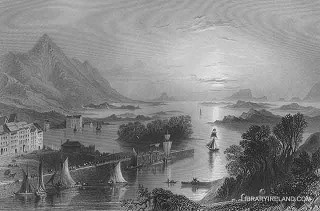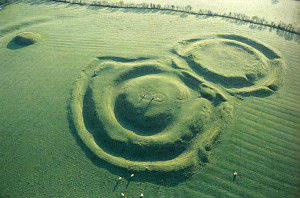Review: Ireland’s Pirate Trail by Des Ekin
What an eye-opener! It should be obvious, but I never thought about it. Ireland’s geographic position between Britain and the New World make it an obvious location for rogues to set up shop and prey on shipping. And it seems we did, and caused chaos across the centuries.
 Des Ekin takes us on a clockwise tour of the coast, recounting in a jocular, chatty manner the various scoundrels that plagued shipping since the 12th century. The light-hearted style belies the very serious research attested to by the copious endnotes provided.
Des Ekin takes us on a clockwise tour of the coast, recounting in a jocular, chatty manner the various scoundrels that plagued shipping since the 12th century. The light-hearted style belies the very serious research attested to by the copious endnotes provided.
He visits everywhere he describes and paints a picture of an Ireland that I’d want to visit if I didn’t live here already.
To cap it all, this little book from O’Brien Press is a small masterpiece, with beautiful readable typography and marvellous illustrations including hand-drawn maps.

 This is, I would say, a difficult book made more palatable by the occasionally flippant tone of the writer. Using paragraph headings such as partition and reunification, he takes us from the emergence of the country in two separate parts (north and south) billions of years ago and its slow passage across the planet via Australia to its arrival at its current position, heading onwards during the next 250 million years towards Siberia. It seems that it will already be uninhabitable in about 10,000 years as an ice-age descends on it. Global Warming be damned.
This is, I would say, a difficult book made more palatable by the occasionally flippant tone of the writer. Using paragraph headings such as partition and reunification, he takes us from the emergence of the country in two separate parts (north and south) billions of years ago and its slow passage across the planet via Australia to its arrival at its current position, heading onwards during the next 250 million years towards Siberia. It seems that it will already be uninhabitable in about 10,000 years as an ice-age descends on it. Global Warming be damned.